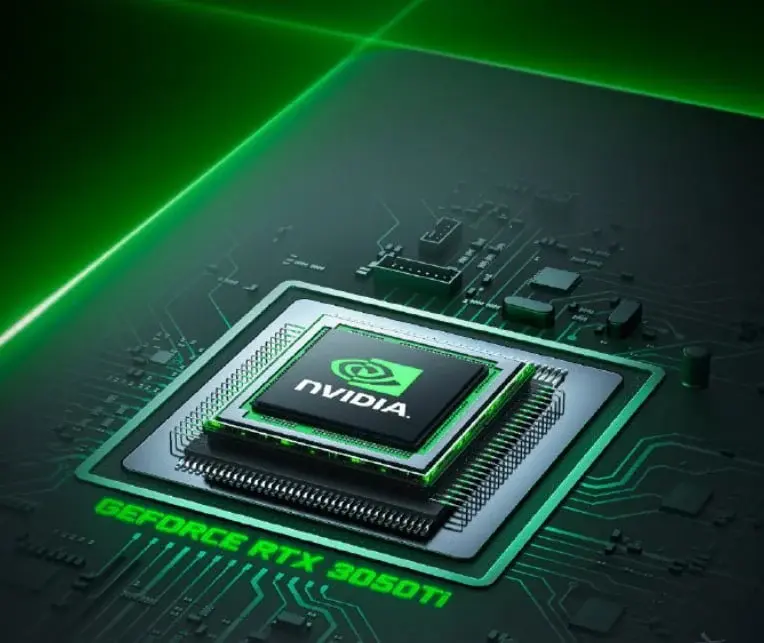Chinese Firms Acquiring Nvidia GPUs Amid US-China Tech Conflict
Several non-tech Chinese firms are turning to Nvidia graphics processing units (GPUs) to bolster their artificial intelligence (AI) capabilities amidst the intensifying tech war between Washington and Beijing. This trend highlights the wider impact of geopolitical tensions on the global technology landscape.
L&A Design's Strategic Move
Shenzhen-listed landscape designer L&A Design recently announced a significant investment of 435 million yuan (US$60.5 million) to acquire up to 128 units of Nvidia servers with high-performance GPUs through a subsidiary. The move aims to enhance the company's AI capabilities and navigate the complexities arising from the US-China tech conflict. The purchase will be completed in two phases, with 64 servers expected by 2023 and the remaining servers by the end of 2024, facilitated by Shenzhen Runxin Supply Chain.
Market Response and Nvidia's Adaptations
Following the announcement, L&A Design's stock price surged by the daily limit of 20%, indicating investor confidence in the strategic decision. In response to US sanctions, Nvidia has modified its chips, creating the A800 and H800 variants tailored for Chinese clients. However, subsequent controls in October restricted the sale of these modified chips to China, prompting companies like L&A Design to seek alternative sources for their AI development needs.
Diversification Beyond Tech Firms
L&A Design is following in the footsteps of Lotus Health, a powdered flavor maker, which previously disclosed a deal to purchase Nvidia H800 GPU-based servers from Chinese server maker H3C. This growing trend highlights the broader impact of the US-China tech conflict on industries beyond the traditional technology sector.
Global Impact on Nvidia
As US export restrictions affect Nvidia's lower computing power AI chip products designed for the Chinese market, the company anticipates a significant hit to its fourth-quarter earnings. With over 90% of China's $7 billion market for AI chips, Nvidia faces challenges from both established players and emerging Chinese chip designers.
Chinese Chip Designers Challenge Nvidia's Dominance
In response to the challenges faced by Nvidia, Chinese chip designers, including major players like Huawei and Tencent, are aggressively entering the AI chip market. Huawei's Ascend 910B chip and Tencent's Zixiao AI inference chip are positioned as alternatives, with Tencent actively promoting its offerings to attract Nvidia's clients.
Market Opportunity Amid Restrictions
Despite potential challenges in winning orders due to production capacity constraints, Chinese chip designers view the current situation as an opportunity. US export curbs inadvertently fuel China's self-development capability, with Chinese tech giants prioritizing sustainability over performance and building AI ecosystems without relying on US chips.
In essence, the rush of non-tech Chinese firms towards Nvidia GPUs signals a broader reshaping of the global AI landscape, driven by geopolitical tensions and the pursuit of technological self-sufficiency.


Leave a Reply